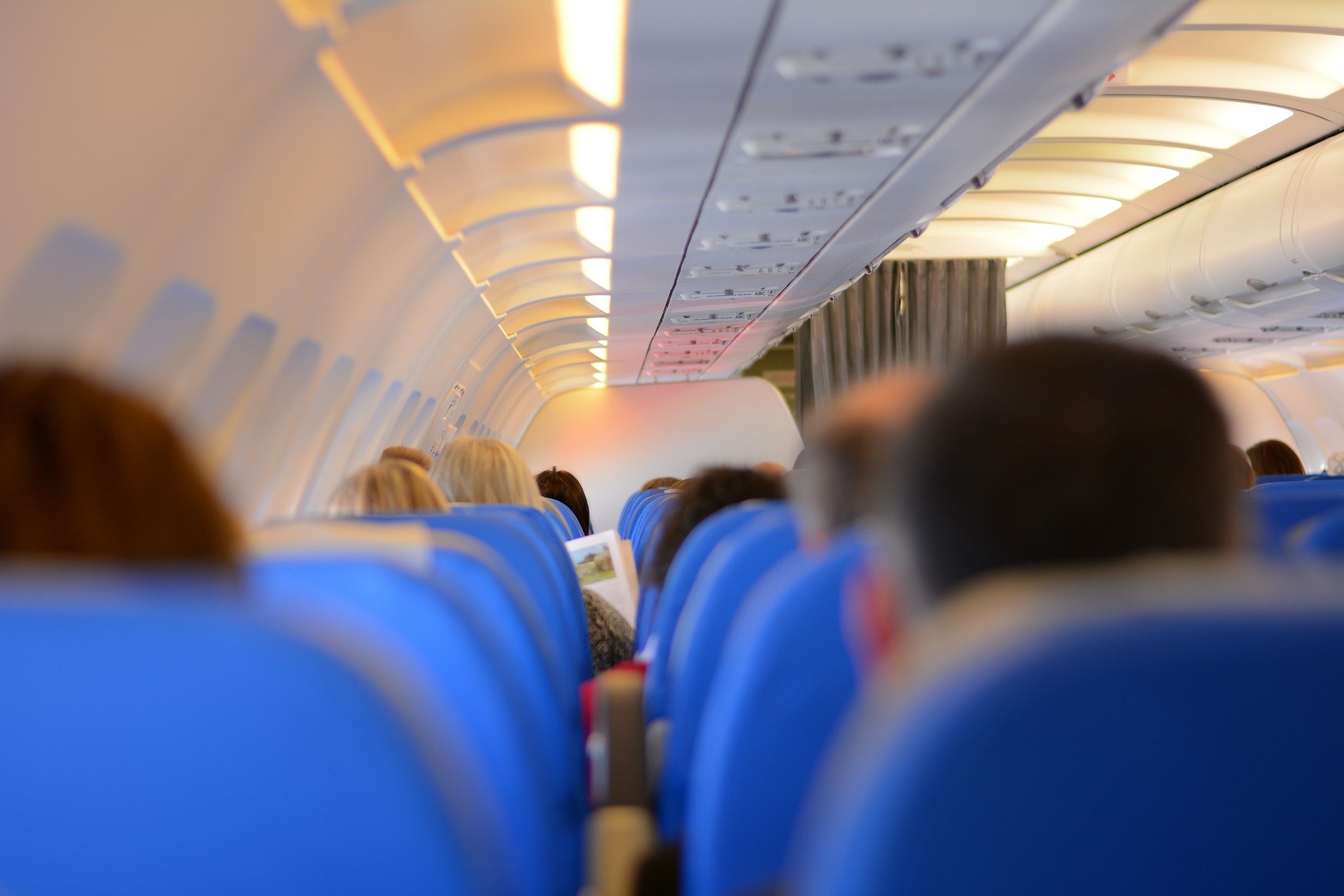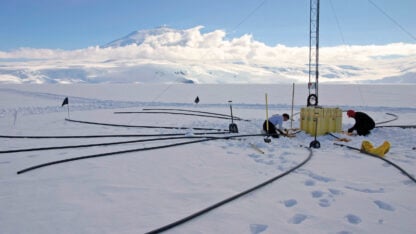As scientists and public health experts race to learn more about how COVID-19 is transmitted, there’s been much talk about viral aerosol particles coming from infected people as they breathe, talk or cough.
The Centers for Disease Control and Prevention warns people are more likely to become infected in poorly ventilated and enclosed spaces, where these particles can be suspended in the air for long periods of time.
So how does this play out on, say, a Delta Air Lines flight? To better understand air travel conditions during the pandemic, Atlanta-based Delta approached Sally Ng, associate professor at Georgia Tech, who is also a Tanner Faculty Fellow in the School of Chemical and Biomolecular Engineering and the School of Earth and Atmospheric Sciences.
Delta funded Ng’s research group to conduct a study of multiple indoor environments. Researchers examined air quality in a series of Atlanta-area restaurants, stores, offices, homes and vehicles.
Ng told WABE’s “All Things Considered” host Jim Burress that the takeaway from her research was learning that an airliner’s cabin at cruising altitude could have the fewest pollutants of any of the air we breathe.









